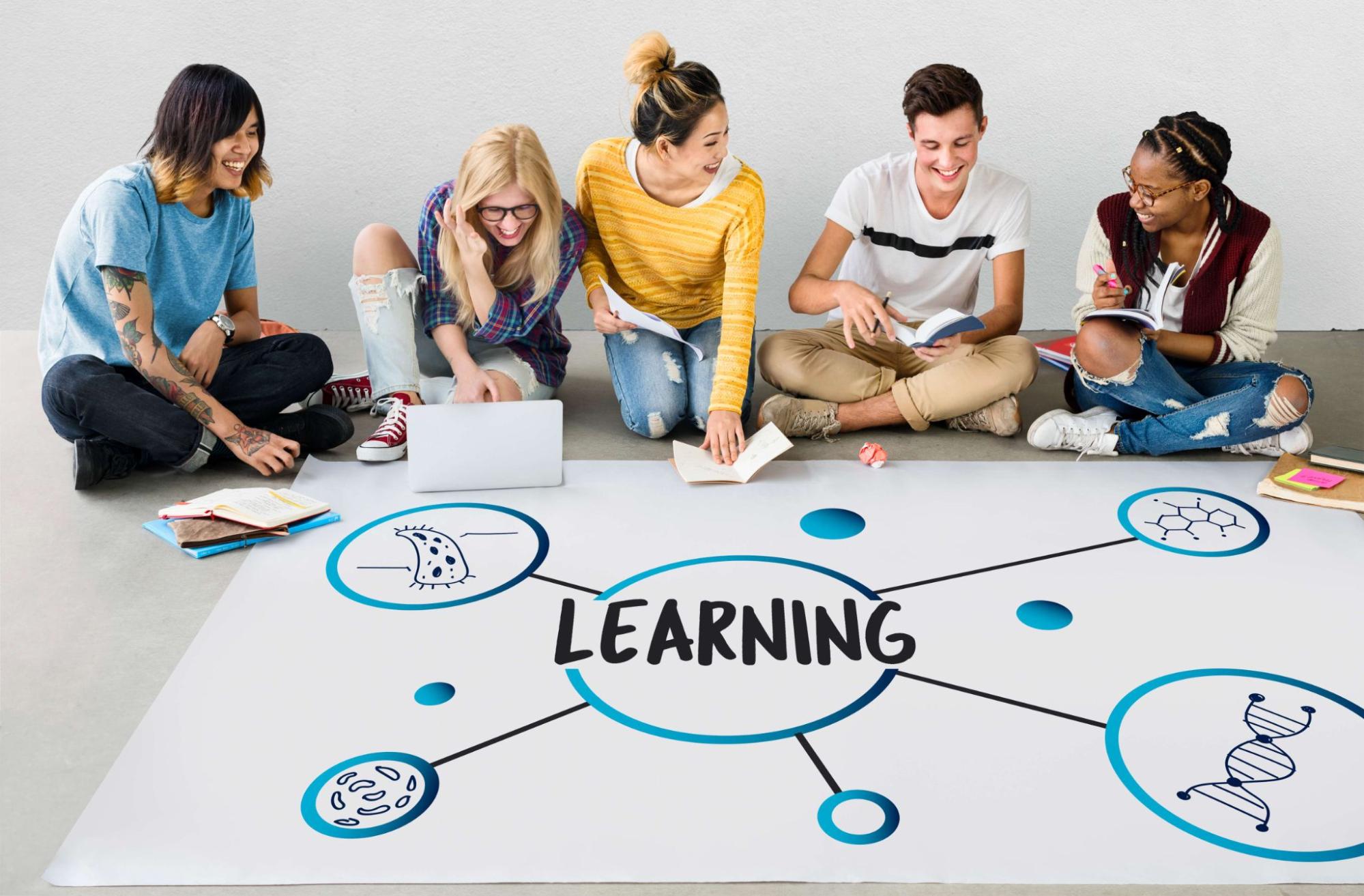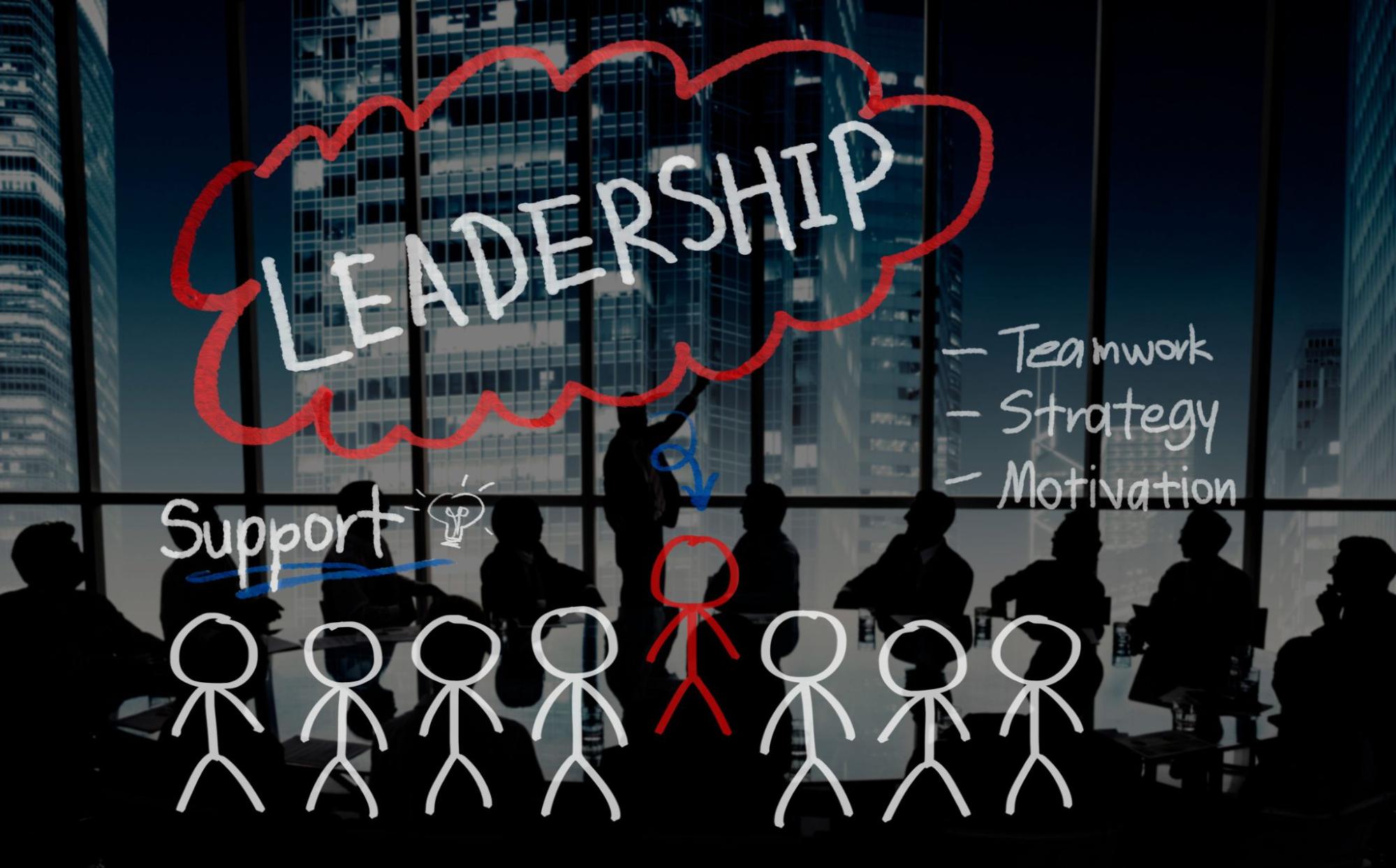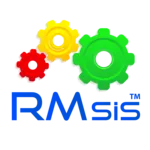In the ever-evolving landscape of project management, success hinges on the adaptability and resilience of project teams. The ability to learn, unlearn, and relearn has become paramount in navigating the challenges and complexities of today's projects. This article explores the critical importance of fostering a culture of continuous learning within project teams. As we delve into the significance of ongoing learning, we'll uncover project management software empower teams to thrive in a world of perpetual change.
The Significance of Continuous Learning
In a world where change is the only constant, continuous learning has become a strategic imperative for project management and teams. Its importance lies in:
-
Enhancing Adaptability: Continuous learning equips teams with the skills and knowledge to adapt swiftly to shifting project requirements, project timelines, unforeseen challenges, and emerging opportunities.
-
Fueling Innovation: A culture of learning encourages creative thinking and innovation, enabling teams to devise novel solutions and approaches to project methodologies and complexities.
-
Strengthening Collaboration: Teams committed to continuous learning are more likely to collaborate effectively, share knowledge, and collectively drive project excellence.
-
Elevating Performance: Learning fosters critical thinking and problem-solving skills, essential for surmounting the hurdles that often accompany complex projects.
Tips For Fostering a Learning Culture

To foster a culture of continuous learning within project teams, it's essential to consider several key tips. First and foremost, leadership support is pivotal. Leaders play a critical role in advocating for the value of learning and providing the necessary resources and tools to facilitate it. Additionally, it's crucial to develop clear learning pathways aligned with project management, objectives, and individual career growth. Encouraging experienced team members to mentor and coach newer members fosters knowledge transfer while establishing feedback mechanisms allows team members to provide input on the effectiveness of learning initiatives. Furthermore, recognizing and celebrating project timeline, milestones, and learning achievements is vital to motivating and inspiring team members.
Secrets to Continuous Learning
Continuous project planning and learning is the driving force behind a culture of improvement within project teams, and certain secrets can help teams achieve it. Embracing technology is key; advanced tools and platforms, such as learning management systems and knowledge-sharing platforms, support and enhance continuous learning efforts. Microlearning, the practice of breaking down learning materials into bite-sized, easily digestible modules that can be consumed on the go, ensures efficient and effective learning. Regular assessments and quizzes help gauge team members' understanding and retention of knowledge. Encouraging the creation of learning communities allows team members to collaborate, ask questions, and share insights. Lastly, offering flexibility in learning schedules with self-paced learning options empowers team members to learn at their own pace, enhancing their overall learning experience.
Creating a Learning-Centric Environment
To nurture a culture of continuous learning within project teams, organizations can implement several strategies:
-
Leadership Support: Leadership plays a pivotal role in advocating for the value of learning and providing the necessary resources and tools.

-
Learning Pathways: Develop clear learning pathways aligned with project goals and individual career growth, leveraging platforms.
-
Mentoring and Coaching: Encourage experienced team members to mentor and coach newer members, facilitating knowledge transfer.
-
Feedback Loops: Establish feedback mechanisms that allow team members to provide input on the effectiveness of learning initiatives.
-
Celebrating Success: Recognize milestones and achievements in learning to motivate and inspire team members.
In conclusion, fostering a culture of continuous learning within project teams is no longer a choice but necessary in today's dynamic business landscape. By embracing continuous learning and strategically utilizing specialized tools by Optimizory, organizations can equip their project teams with the knowledge and skills needed to excel in a world where change is the only constant. It's time to make learning an integral part of the project team's DNA, where adaptability, innovation, and excellence thrive.



